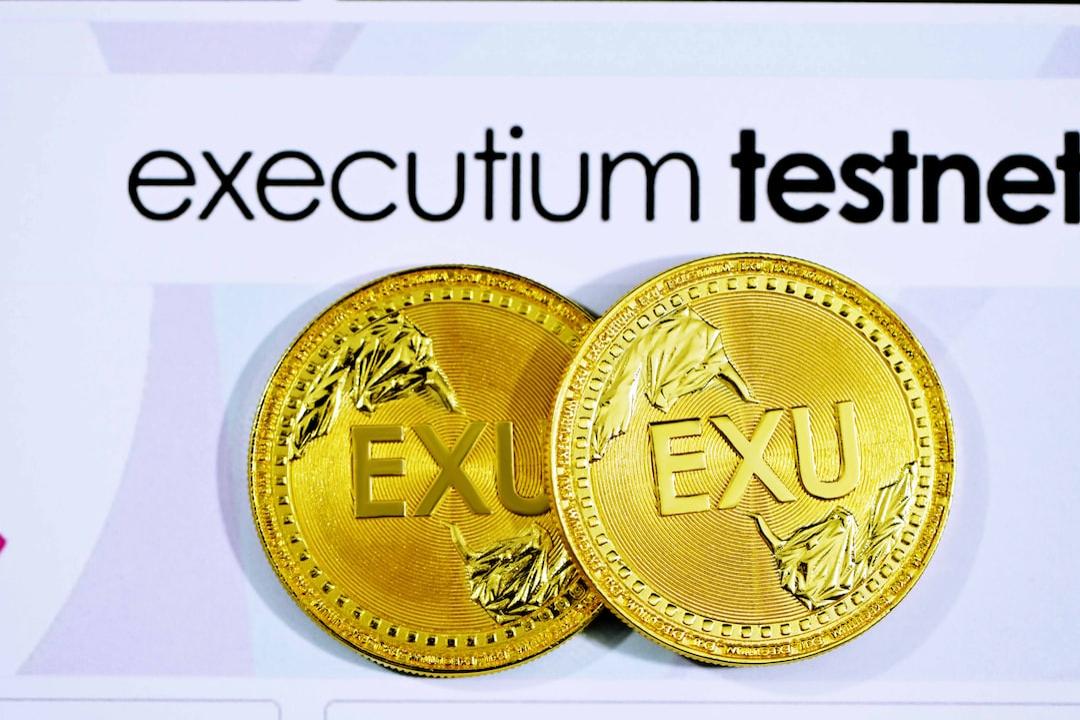Will MicroStrategy, a prominent company known for its substantial Bitcoin holdings, be compelled to sell its BTC in the future? According to BitMEX Research analysts, this scenario is unlikely, despite the inherent volatility in the BTC market.
MicroStrategy, led by Chairman Michael Saylor, currently possesses approximately 252,220 BTC, with a value exceeding $17 billion. The total cost of acquiring these holdings was around $9.9 billion. On Thursday, MicroStrategy’s stock surged by over 10%, reaching a 25-year high of $235.89. This increase boosted the company’s market value to $43.6 billion, trading at a substantial premium to the net asset value of its bitcoin holdings. This rise in stock price is reminiscent of previous cycles when the Grayscale Bitcoin Trust traded at a premium before its conversion into a spot bitcoin ETF.
Analysts highlighted that MicroStrategy’s premium stock valuation enables the company to leverage stock offerings to further increase its exposure to Bitcoin. Since the launch of its Bitcoin strategy in 2020, the firm has raised $4.25 billion through five stock offerings, bolstering its book value per share. Consequently, some have referred to this as an “infinite money glitch.”
Michael Saylor has repeatedly stated that MicroStrategy has no intention of selling its Bitcoin. However, concerns have been raised due to the company’s significant debt load and the inherent volatility of Bitcoin, which may necessitate the liquidation of assets under certain circumstances.
BitMEX Research’s report examined MicroStrategy’s debt structure, emphasizing the inclusion of complex conversion options in its bonds. These options grant bondholders flexibility, allowing them to convert the bonds into MSTR shares or seek cash repayment based on the stock’s performance and the bond’s maturity. Most of these bonds permit MicroStrategy to redeem them with cash if the shares continue to trade at a premium, while bondholders are likely to convert to stock if Bitcoin prices remain strong. This structure reduces the likelihood of forced Bitcoin sales.
MicroStrategy faces interest payments on its debt, but analysts argue that the cash flow from its software business should be sufficient to cover these obligations, even in a bear market scenario. Additionally, the staggered maturity dates of the bonds, ranging from 2027 to 2031, alleviate immediate financial pressure and reduce the likelihood of forced liquidation.
However, analysts caution that if the premium on MicroStrategy’s stock shifts to a discount and bond repayments become due, it may become strategically advantageous for shareholders to advocate for Bitcoin sales. While the stock is trading at a premium, there is little incentive to sell Bitcoin. Nevertheless, if the company takes on more debt, the risks could increase, potentially leading to forced sales in the event of a pullback in Bitcoin prices.
Despite the unpredictable nature of the cryptocurrency market, analysts remain confident in MicroStrategy’s current position, asserting that leverage is low and liquidation risk is minimal.
*This article does not constitute investment advice.

